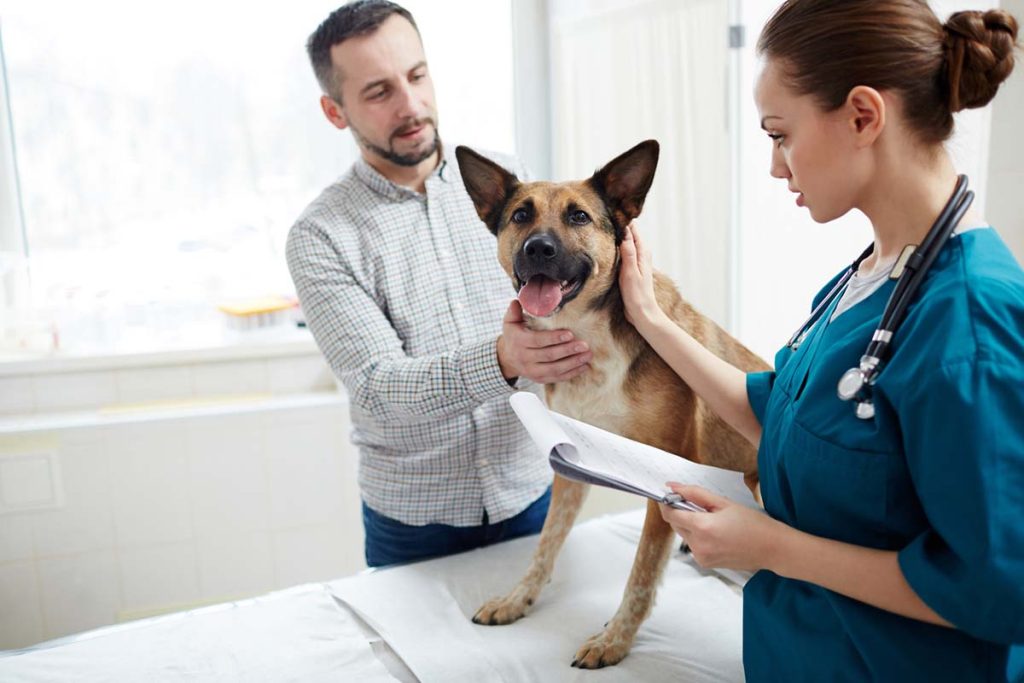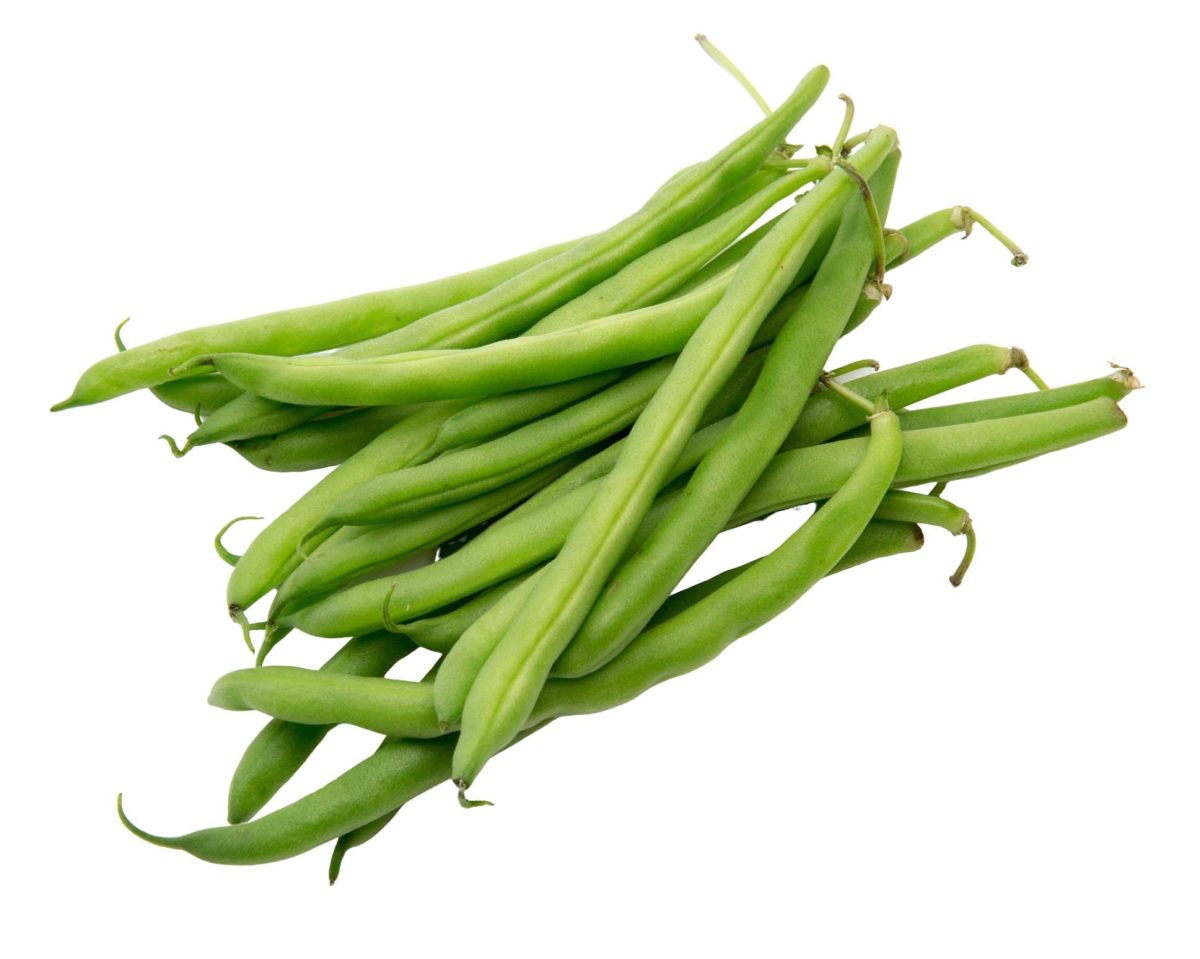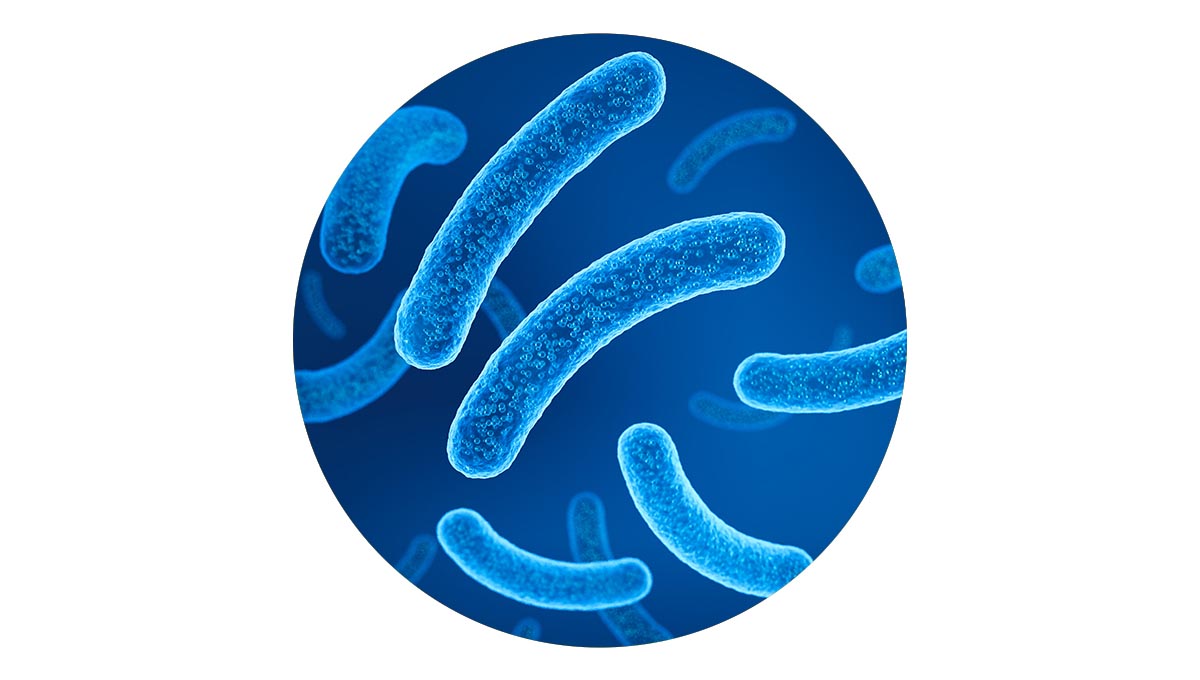Are Grapes and Raisins Toxic to Dogs? Can Dogs Eat Grapes or Raisins?
If your dog eats grapes or raisins, take action immediately. Read our veterinarians warning.
Dr. John Tegzes, VMD, Diplomat American Board of Veterinary Toxicology from Western University of Health Sciences tells us what all pet owners should know: just how toxic grapes and raisins are for dogs.
The Risks of Allowing Dogs to Eat Grapes and Raisins
“How many pet parents are aware that grapes and raisins are toxic to dogs? They’re very toxic to dogs, and in fact, the very first cases that started to surface in the early 1990s — I myself was very skeptical. I thought ‘Oh, this is probably an urban myth; how can grapes and raisins be toxic to dogs?’ We would have seen case reports decades ago from this.”
“Well, something changed. Either it changed within the dogs, or it changed within the grapes — but something in grapes is acutely toxic to some dogs. That’s what makes it very challenging, it’s not every dog, and it’s not every grape or raisin that’s toxic. But there’s definitely a clear association with the development of acute renal failure and death in some dogs that eat grapes and raisins.”
“So that’s one of the things that many dog owners may not be aware of, and they may not be very careful about allowing their dogs to have access to grapes and raisins. Just a few — just a small handful can be deadly to a dog.”
Watch the full video below:
Symptoms of Grape Toxicity & Raisin Poisoning
According to the Merck Manual of Veterinary Medicine, clinical signs of grape and raisin toxicity include:
- vomiting
- diarrhea
- lethargy
- abdominal pain
- loss of appetite
- dehydration
- tremors
- lack of urination (kidney damage)
Currants are just as bad for dogs as grapes and raisin ingestion are. These toxicosis signs can appear within 6-12 hours of ingestion.
Even grape vines (Vitis) can present the same symptoms. If not treated, grape poisoning will lead to acute kidney failure (your dog will have little to no urine production) or acute kidney injury from tartaric acid. If the kidney function is damaged and left untreated, this may lead to death or euthanasia.
Treatment for Grape Toxicity in Dogs

First, if you suspect your dog ate grapes or raisins, call the Pet Poison Helpline or the ASPCA Animal Poison Control Center right away. They will tell you how to safely induce vomiting and use activated charcoal (if you have it) for decontamination. Even if your dog vomits, you should still get them seen by your veterinarian.
Your DVM will likely use intravenous fluid therapy (IV) to prevent further damage to the kidneys. Your pet’s health is important and they will keep them hospitalized for blood work and monitoring.
My Dog Ate a Grape But Seems Fine
Even if your dog ingested a single grape, raisin, or currant, you should still call your animal hospital. There is no one-size-fits-all toxic dosage. Even one seedless grape that gets into your dog’s system could cause an emergency.
Grape and raisin toxicity in dogs has the potential to be fatal. Remember to always supervise your pets and to keep dangerous foods out of their reach. Keep these phone numbers handy in case your dog gets his paws on any toxic substance.
Pet Poison Helpline: 855-764-7661
Animal Poison Control Center: 888-426-4435
This content is for informational use only and does not replace professional nutrition and/or medical advice, diagnosis, or treatment. It is not a substitute for and should not be relied upon for specific nutrition and/or medical recommendations. Please talk with your veterinarian about any questions or concerns.








